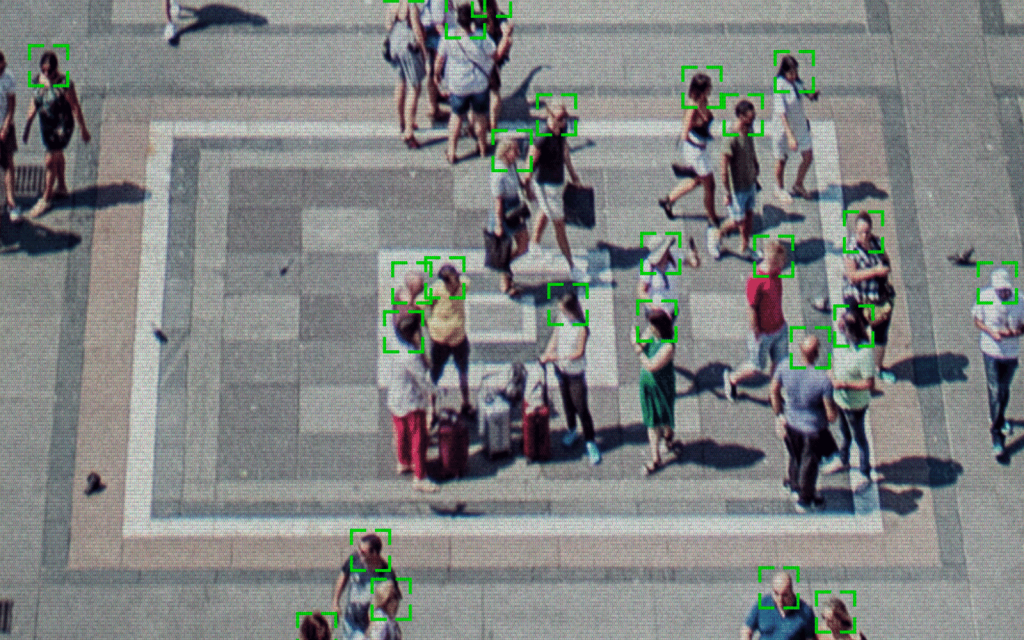Microsoft has added language to its OpenAI Code of Conduct specifically barring American police forces from using artificial intelligence (AI) for facial recognition purposes. On the one hand, it takes a potentially powerful tool out of the hands of law enforcement agencies. On the other, it removes a potentially devastating tool from their arsenal too. Theoretically, anyway.
One of the major worries about artificial intelligence is how much easier it is to eliminate your right to privacy. It’s one thing when a human is watching a closed-circuit camera. It’s another when an artificial network is doing the hunting. Microsoft’s OpenAI Azure tech isn’t about that, apparently.
Microsoft on crime
And this limitation isn’t just limited to American police forces, though the recent change specifically targets US law enforcement agencies. If anything, it’s more onerous for international cops. The service may not be used “…for any real-time facial recognition technology on mobile cameras used by any law enforcement globally to attempt to identify individual[s] in uncontrolled, “in the wild” environments, which includes (without limitation) police officers on patrol using body-worn or dash-mounted cameras using facial recognition technology to attempt to identify individuals present in a database of suspects or prior inmates.”
If you think that being a private user offers more leeway, you’re… probably right. There’s a specific exclusion for attempting to “infer people’s emotional states from their physical, physiological, or behavioral characteristics” (don’t do that).
It’s possible for private entities to perform “ongoing surveillance or real-time or near real-time identification or persistent tracking of the individual using any of their personal information, including biometric data”, but only if they have the consent of those being tracked. It’s surprisingly easy to gain that consent, of course. Tuck it away in the terms and conditions, or tell your employees that their job is at stake unless they sign the consent form. But at least the cops aren’t (officially) tracking you with Microsoft’s tech, right?




